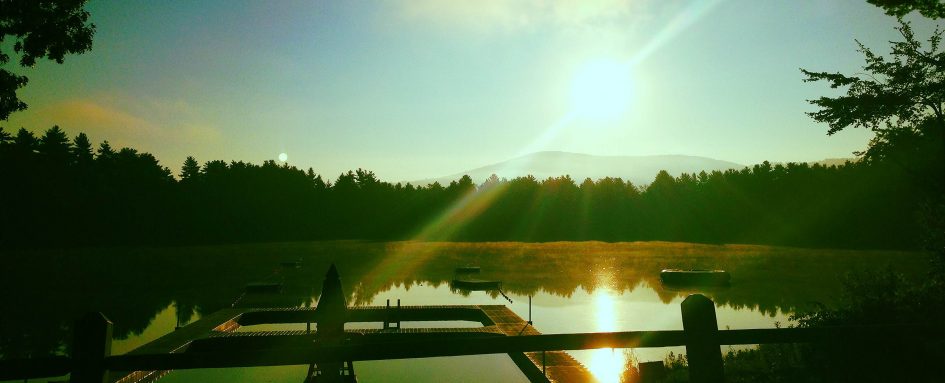D’var Torah: Parshat Re’eh, Finding Our Path

“See, I set before you this day a blessing and a curse.” (Deuteronomy 11:26). The Sforno (late 1400s/early 1500s) comments that there are only two choices and they are polar opposites. You can either obey God’s commandments and be blessed or disobey God’s commandments and be cursed. There is no middle ground. You either go one way or the other.
This reading is unsatisfactory to me on two levels. First, each individual choice is rarely clear. Often, we are choosing between competing values and the right answer is difficult to discern. Second, Judaism isn’t about a singular choice. Our mitzvot, ethics and world view guide the ways we live our lives. Yes, there are choices that can have permanent impact. For example, if we decide to drink and drive, we may kill ourselves or someone else. However, by and large, we will get many chances to make more choices.
Instead, to understand this verse, we must read a little further to where the Torah explains that the curse comes if we turn away from the path that God has commanded us to follow.
I think the binary choice we make is whether or not we want to get on the path of leading a Jewish life. While we are on the path to becoming the best possible versions of ourselves, it is likely we will hit bumps, take detours, and occasionally lose our way. However, if we do our best to make good choices grounded in our beliefs and guided by our families, teachers and role models, our lives will be blessed.
One of the most important roles of camp is to give young people opportunities to grow, make mistakes and learn. This stands in stark contrast to a society that now wants to permanently “cancel” people for doing something wrong. The concept of a “cancel culture” deserves its own d’var Torah, but the key point here is that if people genuinely choose to go on a journey to become the best person they can be, we, as individuals and communities, must allow them paths of teshuvah (return).
Our inability to open our overnight and day camps this summer left me unmoored. I did not have the anchor of my Ramah community and the support of those who care about me. I have been able to reconnect to my Ramah family, through virtual meetings and other means. Without that, I would have been lost. Although the loss of camp was not a punishment for bad behavior, there are parallels. If we ostracize everyone who makes a mistake and cut them off, they will be lost. We must hold people accountable while also providing a way for them to make amends and remain valued members of our community.
This would have been the last Shabbat of kayitz (summer) 2020 (in Palmer). Instead of the bittersweet ending of a wonderful summer, we are a bit adrift. I pray we find the path back to camp so we can continue our journey next summer. Additionally, I plan to think about ways to make sure that the Ramah experience allows for mistakes and growth for all of our campers and staff. Shabbat Shalom.